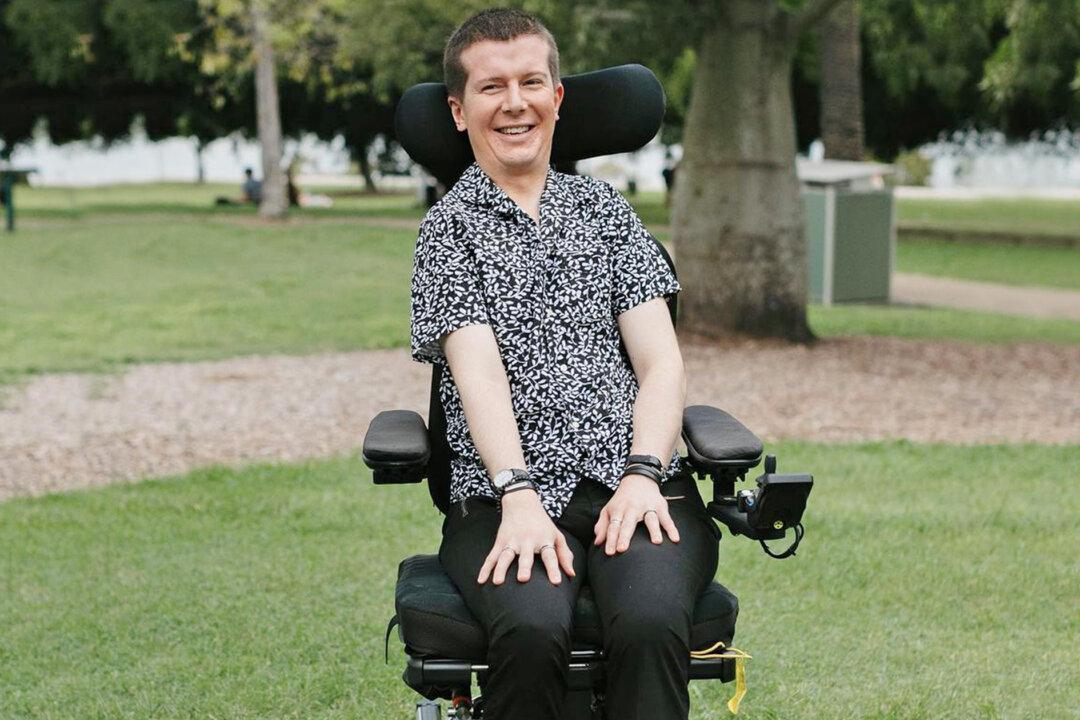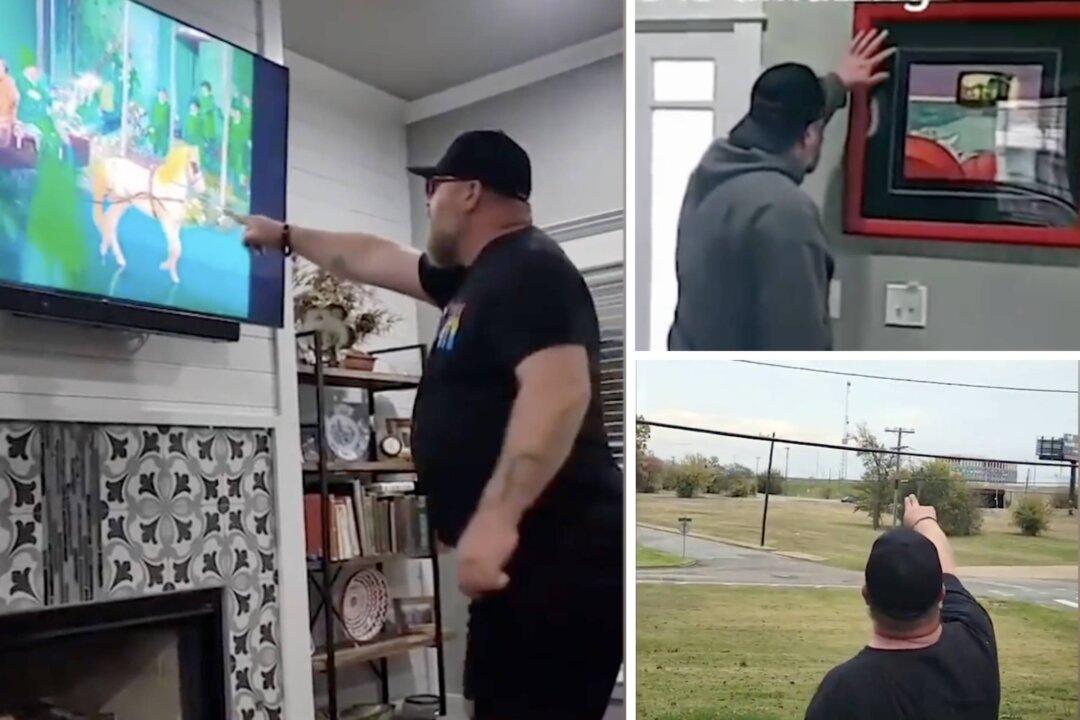A young lawyer with a rare progressive disorder is giving his best to live his life to the fullest as his ailing body is gradually getting “encased in a second skeleton.”
Despite his incurable debilitating condition, he is inspiring others to hold firm to their faith and never give up.






